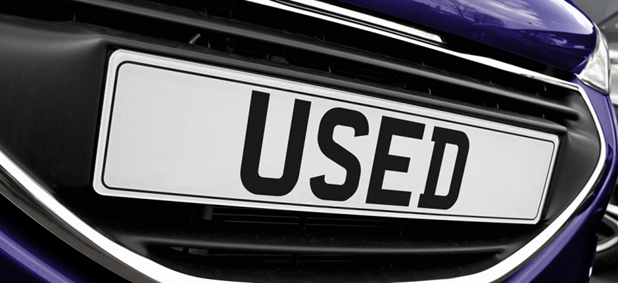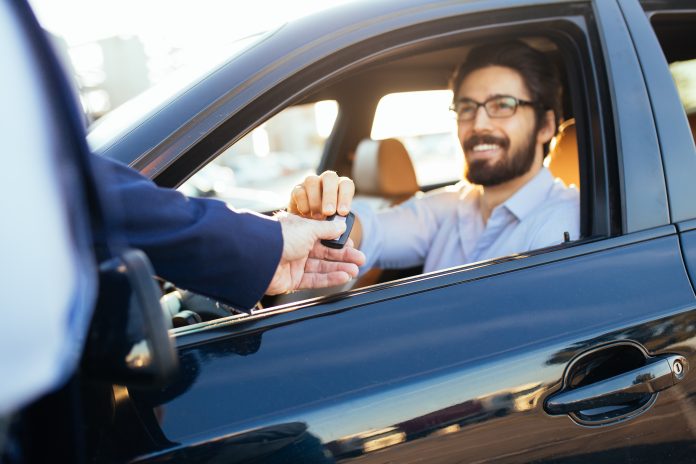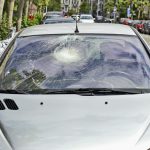You’re in the market for a used car, but you don’t want to buy a lemon. You’re wondering if it’s possible to spend less than you would on a new car, and still get something safe and reliable. It is, but be prepared to do some homework.

To avoid some of the pitfalls, we’ve compiled the following tips to help you buy a car you’ll love for many years to come.
Find out if it’s legal for you to drive in New Zealand
The legal minimum age for driving in New Zealand is 16 years – one of the lowest amongst developed countries. Here’s a great guide to the different license classes available in New Zealand, and, the regulations that go along with each.
If you’re relocating to New Zealand from another country, make sure your driver’s license is in English. If it isn’t, you can have it translated and sent to the New Zealand Transport Agency for approval. If you have an international driving permit, it could cover you as well, but these documents only remain valid for 365 days from the day of your arrival.
Before you buy
While it’s tempting to get swept up in the excitement of the moment, it’s important not to rush. Take your time and do your research into the different makes and models, and consider the following:
- Your budget. How much can you really afford to spend? Remember the cost of the car itself is only the beginning.
- Your usage. What are you planning to use the car for most of the time? Will you be driving in a crowded city? If you do, a fulltime 4-wheel drive or truck may not be necessary, as much as you’d like one.
- Safety. Check out the cars safety rating. There are lots of safe, less expensive cars to choose from. In fact, some of the most affordable used cars can be among the safest. There is a wealth of car safety information here.
- Security. How easy is it to steal or break into the car? You can get car security scores here. Use these to find a more secure vehicle to help stay protected against theft.
- Insurance costs. These will vary from model to model. Once you’ve narrowed down your options you can get an insurance quote here.
- Environment. Check the car’s fuel consumption and emissions rating. The Green Vehicle Guide helps you reduce your impact on the environment by providing information on the environmental performance of light vehicles. More on The Green Vehicle Guide here.
- Dealer, auction or private sale? Decide where and how you want to buy the car.
- Regulations. Check regulations around buying and selling used cars, including how to make sure there’s no money owing on the car.
Know your budget … and stick to it!
If you already have a car it’s a good time to start getting a few estimates on what it will be worth as a trade-in or if you choose to sell it privately. This will help you work out what starting budget you will have and or what you need to save.
If you are looking for finance, start shopping around. Don’t allow yourself to be talked into spending more than you budgeted, interest rates can be high. Do your homework properly and make sure that you don’t sign anything that you don’t understand completely. If in doubt get a second opinion before you commit to any agreement.
Remember that you should consider additional expenses like on-road costs, maintenance, fuel, finance and insurance as you put together your budget.
Where to buy a used car
The internet is a great place to start. Create a folder and bookmark cars that you like so you can compare them easily. Sites like TradeMe and AutoTrader have thousands of used cars listed. Car vendors and owners also advertise on their social media pages – like Facebook and Instagram. You can even look at vehicle auction sites for competitive offers.
Notwithstanding, it’s advisable to see exactly what you are paying for, so consider visiting car fairs and automobile dealers. When you have put together a range of prices, you can then decide one which car to buy and from whom to make the purchase.
Arrange a once over and test-drive
Don’t forget to inspect and test-drive the car before moving onto a paid vehicle inspection. Talk to the seller and arrange a time for a ‘once over’. It may be worth talking to someone who is ‘car savvy’ to give it the once over. Let them check under the bonnet to make sure the engine is working as it should. They can also inspect the car’s interior to ensure all the features are intact and look underneath the car to check if there is any rust or leaks.
If there’s anything that doesn’t appear to be in place, you can ask the seller to get it fixed before you buy. Here’s a great guide on how to inspect a car before buying, so you know exactly what to look out for.
After inspection, you will need to test-drive the car to see if there are any issues you didn’t notice previously. Any seller who doesn’t let you test-drive a vehicle probably has something to hide.
Get a full mechanical check
Get a professional to uncover any issues that you haven’t detected yourself. They’re trained to identify any serious problems with the transmission, cooling system, exhaust, brakes, shock absorbers and engine that you could easily miss (e.g. a cam belt can snap without warning so it should be replaced around every 100,000kms).
If you noticed anything during the once over or on the test-drive, pass this information over to the vehicle inspector so they can investigate further. You can find a VTNZ near you here.
Get all the paperwork completed
A driver’s license isn’t the only document you will need when test driving or buying a car. The car should also have a certificate that proves it’s safe to drive on the roads in New Zealand. A Warrant of Fitness (WOF) or a Certificate of Fitness (COF) are the correct documents. Large automobiles such as caravans need a COF before they can be driven on New Zealand’s roads but most cars only require a WOF.
Keep in mind that it’s illegal to drive without these. Find out what length of time is left on the COF or WOF of the vehicle you’re buying.
Ensure that you complete and document any paperwork that shows there has been a change of ownership. Visit an AA centre or a New Zealand Post Shop to get a change of ownership form, or complete it online. They are also called MR13A forms.
Make sure the Road User Charges are up to date if you are buying a diesel vehicle.
Finally, you’ll need to consider car insurance. Although it is not compulsory for every vehicle owner or driver to purchase vehicle insurance, it’s a good idea to ensure you have cover. You can check out State NZ Car Insurance for a quote.






































